Home
Open-air markets and car showrooms will be allowed to open from 1 June and other ‘non-essential’ shops from 15 June. Sales of goods in April had fallen by 18 per cent, those of clothing by 50 per cent. Government borrowing rose sharply to £62 billion in April, the highest sum known. The Office for Budget Responsibility predicted borrowing for the year of perhaps £298 billion, more than five times the estimate at the time of the Budget in March. The government announced funding for new long-term housing for 6,000 rough sleepers, of whom more than 14,000 had been given emergency accommodation from the start of the coronavirus lockdown. The Rt Revd Stephen Cottrell, soon to be Archbishop of York, is to lead a review of how many bishops in the Church of England to cull and how many historic churches to mothball.
Boris Johnson, the Prime Minister, refused to sack his chief adviser, Dominic Cummings, for having driven his wife, Mary Wakefield, and their four-year-old son to a place of isolation in County Durham. Suella Braverman, the Attorney General, told the government that no law had been broken. The Prime Minister went on television to say: ‘In travelling to find the right kind of childcare, at the moment when he and his wife were about to be incapacitated by coronavirus and when he had no alternative, I think he followed the instincts of every father and every parent and I do not mark him down for that.’ Mr Cummings gave a press conference in the garden at 10 Downing Street. In response, Douglas Ross, the MP for Moray, resigned as under secretary of state for Scotland. Armed police saw a big cat in East Finchley in north London, but it ran off.
At the beginning of the week, Sunday 24 May, total deaths from Covid-19 stood at 36,675; a week earlier the total had been 34,636. Coronavirus hospital admissions in England had fallen to around 595 a day; for the whole of April they had exceeded 1,000 a day. Remdesivir, a drug developed to counter the ebola virus, was authorised for use by the National Health Service to shorten the recovery time for people with Covid-19. The United Kingdom imposed a 14-day quarantine on anyone entering the country apart from lorry drivers, bus drivers, commercial travellers, train drivers, nuclear inspectors, sewage workers, sea captains, postmen, lettuce pickers, policemen and people from Ireland. Migrants in small boats continued to cross the Channel, with more than 600 arriving this month.
Abroad
The world had seen 343,603 coronavirus deaths by the beginning of 24 May; a week earlier the number had been 312,902. The highest number of deaths was in the United States, with 98,683. The disease there covered the country unevenly and the number of deaths per million was 303; in Belgium the rate was more than 800. The New York Stock Exchange reopened its trading floor after two months. The number filing for unemployment benefits in America rose 2.4 million to about 38.6 million, almost a quarter of the workforce. France imposed a fortnight’s quarantine on travellers from Britain, but announced no penalties for breaking it. Foreign visitors to Spain would no longer have to undergo a two-week quarantine from 1 July. South Africa lifted a ban on the sale of alcohol but not on tobacco.
China moved to impose a security law on Hong Kong, to be put to a vote at China’s rubber-stamp parliament, the National People’s Congress, meeting this week. As it stood, Hong Kong enjoyed its own Basic Law, guaranteeing certain freedoms, such as the right to protest. Thousands of people in Hong Kong protested against the new law. Stanley Ho, the Hong Kong tycoon credited with turning Macau into the world’s gambling capital, died aged 98. China decided not to set an economic growth goal this year, for the first time since it began to do so in 1990.
An American general accused Russia of sending fighter jets to Libya to support Russian mercenaries allied to General Khalifa Haftar, who opposes the UN-recognised government in the civil war there. The first of five Iranian oil tankers reached Venezuela, which was suffering a shortage of refined fuel despite having the world’s largest oil reserves. Cyclone Amphan killed more than 100 people in India and Bangladesh and caused billions of pounds’ worth of damage. More than 100,000 acres of Rajasthan, Madhya Pradesh and Gujarat were overrun by desert locusts. CSH
Got something to add? Join the discussion and comment below.
Get 10 issues for just $10
Subscribe to The Spectator Australia today for the next 10 magazine issues, plus full online access, for just $10.
You might disagree with half of it, but you’ll enjoy reading all of it. Try your first month for free, then just $2 a week for the remainder of your first year.

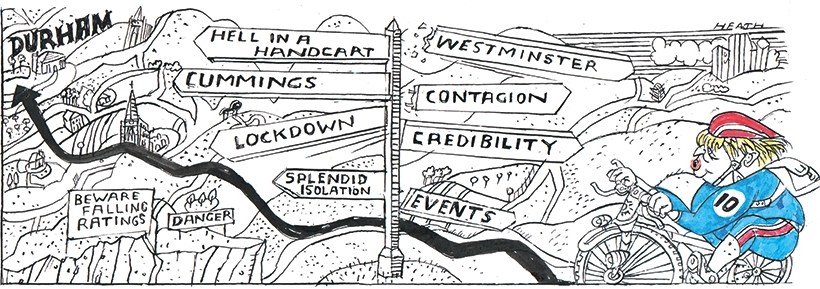
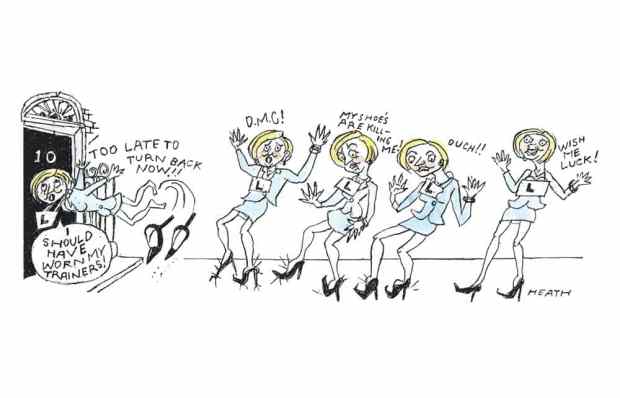
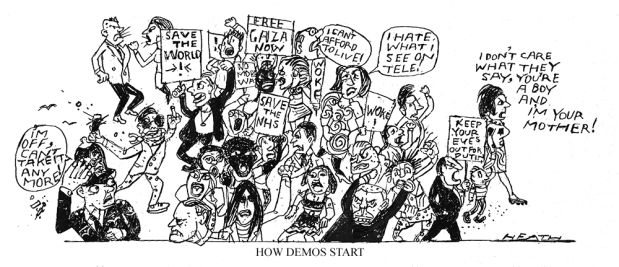
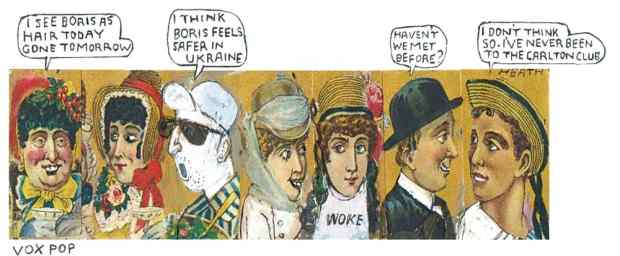
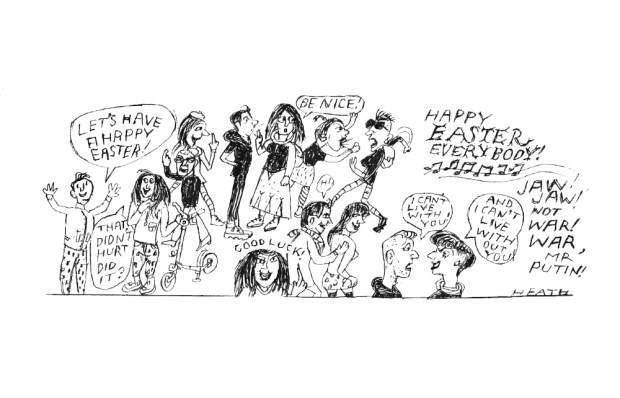
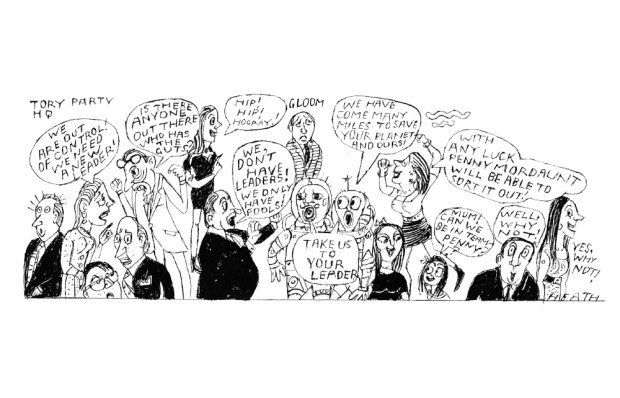
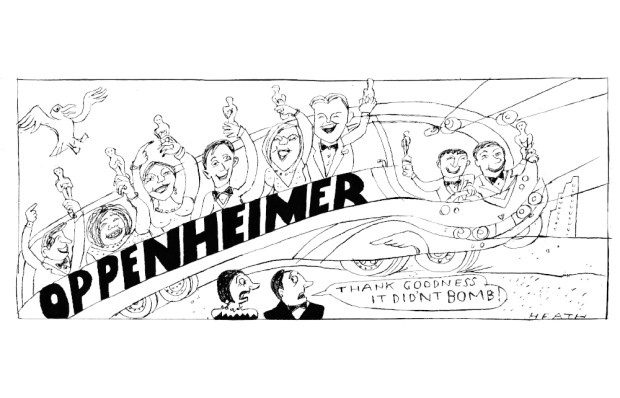






Comments
Don't miss out
Join the conversation with other Spectator Australia readers. Subscribe to leave a comment.
SUBSCRIBEAlready a subscriber? Log in